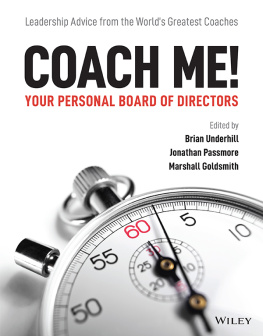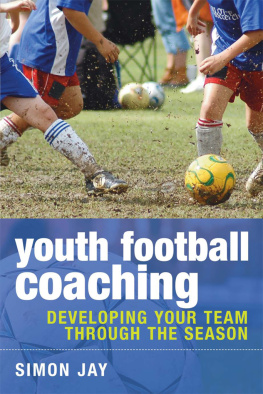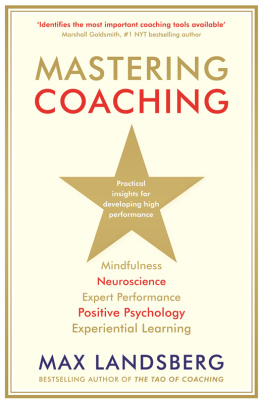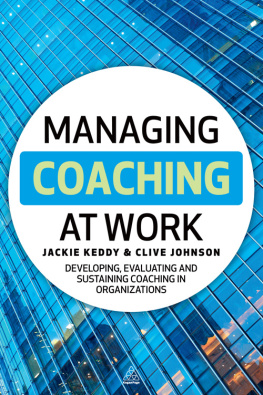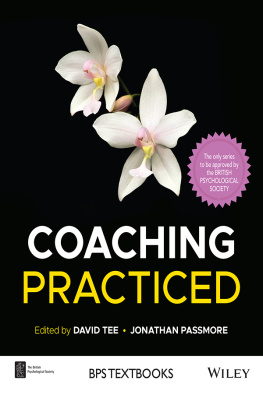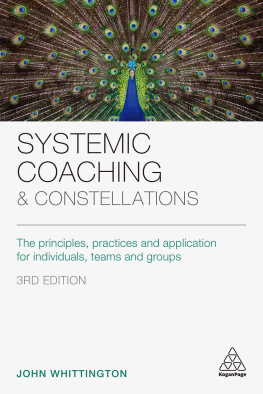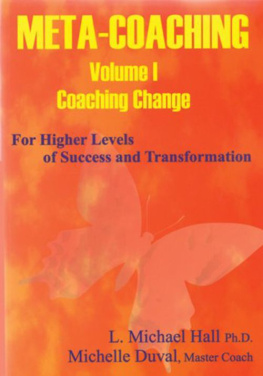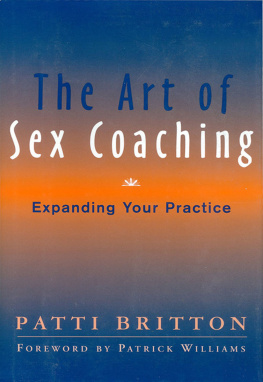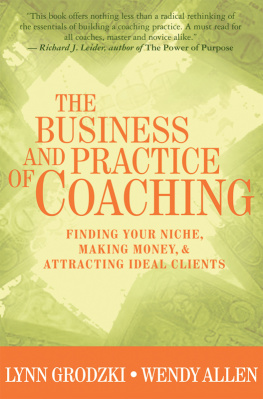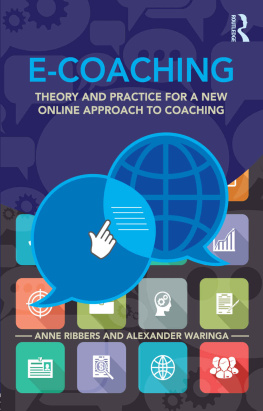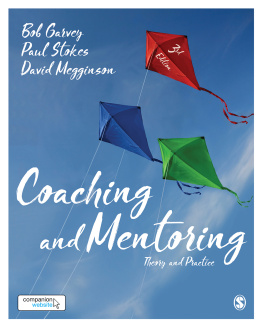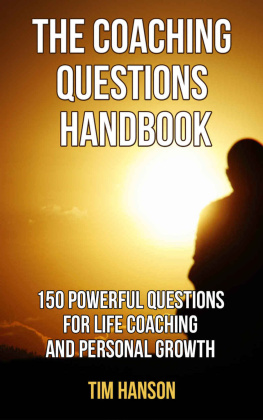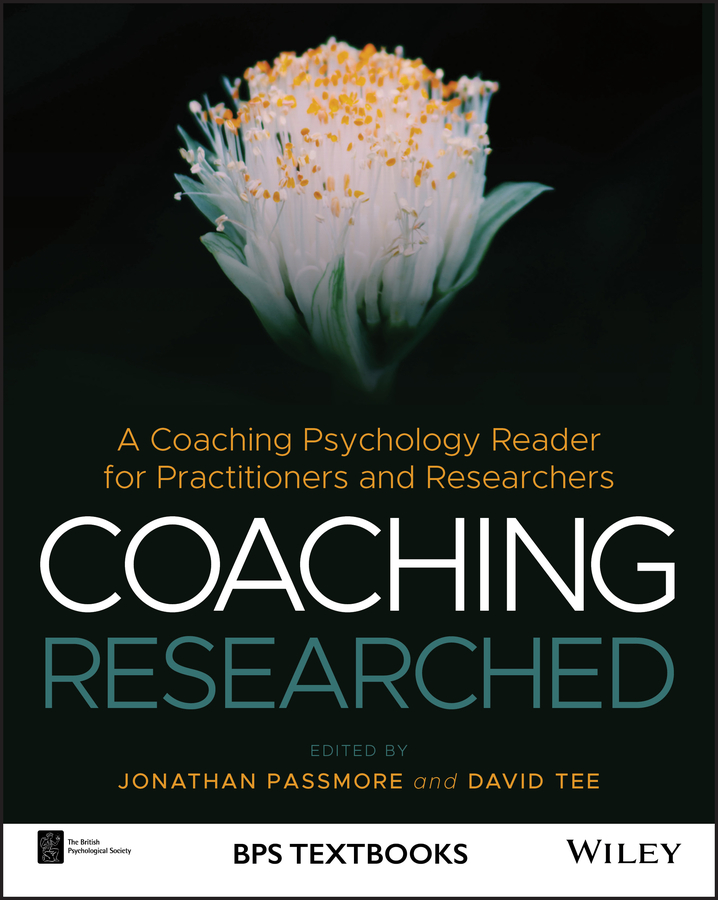
Table of Contents
List of Tables
- Chapter 1
- Chapter 2
- Chapter 5
- Chapter 8
- Chapter 10
- Chapter 11
- Chapter 12
- Chapter 13
- Chapter 14
- Chapter 15
- Chapter 16
- Chapter 18
- Chapter 19
- Chapter 20
List of Illustrations
- Chapter 2
- Chapter 3
- Chapter 4
- Chapter 5
- Chapter 7
- Chapter 8
- Chapter 10
- Chapter 11
- Chapter 15
- Chapter 16
- Chapter 17
- Chapter 18
- Chapter 19
- Chapter 20
Guide
Pages
BPS Textbooks in Psychology
BPS Wiley presents a comprehensive and authoritative series covering everything a student needs in order to complete an undergraduate degree in psychology. Refreshingly written to consider more than North American research, this series is the first to give a truly international perspective. Written by the very best names in the field, the series offers an extensive range of titles from introductory level through to final year optional modules, and every text fully complies with the BPS syllabus in the topic. No other series bears the BPS seal of approval!
Many of the books are supported by a companion website, featuring additional resource materials for both instructors and students, designed to encourage critical thinking, and providing for all your course lecturing and testing needs.
For other titles in this series, please go to http://psychsource.bps.org.uk
Coaching Researched
A Coaching Psychology Reader
EDITED BY
JONATHAN PASSMORE
&
DAVID TEE

This edition first published 2021
2021 John Wiley & Sons Ltd
All rights reserved. No part of this publication may be reproduced, stored in a retrieval system, or transmitted, in any form or by any means, electronic, mechanical, photocopying, recording or otherwise, except as permitted by law. Advice on how to obtain permission to reuse material from this title is available at http://www.wiley.com/go/permissions.
The right of Jonathan Passmore and David Tee to be identified as the authors of the editorial material in this work has been asserted in accordance with law.
Registered Office(s)
John Wiley & Sons, Inc., 111 River Street, Hoboken, NJ 07030, USA
Editorial Office
111 River Street, Hoboken, NJ 07030, USA
For details of our global editorial offices, customer services, and more information about Wiley products visit us at www.wiley.com.
Wiley also publishes its books in a variety of electronic formats and by printondemand. Some content that appears in standard print versions of this book may not be available in other formats.
Limit of Liability/Disclaimer of Warranty
While the publisher and authors have used their best efforts in preparing this work, they make no representations or warranties with respect to the accuracy or completeness of the contents of this work and specifically disclaim all warranties, including without limitation any implied warranties of merchantability or fitness for a particular purpose. No warranty may be created or extended by sales representatives, written sales materials or promotional statements for this work. The fact that an organization, website, or product is referred to in this work as a citation and/or potential source of further information does not mean that the publisher and authors endorse the information or services the organization, website, or product may provide or recommendations it may make. This work is sold with the understanding that the publisher is not engaged in rendering professional services. The advice and strategies contained herein may not be suitable for your situation. You should consult with a specialist where appropriate. Further, readers should be aware that websites listed in this work may have changed or disappeared between when this work was written and when it is read. Neither the publisher nor authors shall be liable for any loss of profit or any other commercial damages, including but not limited to special, incidental, consequential, or other damages.
Library of Congress CataloginginPublication Data
Names: Passmore, Jonathan, editor. | Tee, David, editor.
Title: Coaching researched : a coaching psychology reader / edited by Jonathan Passmore & David Tee.
Description: Hoboken, NJ : Wiley, [2019] | Series: 2380 BPS textbooks in psychology | Includes index.
Identifiers: LCCN 2020007535 (print) | LCCN 2020007536 (ebook) | ISBN 9781119656883 (paperback) | ISBN 9781119656906 (adobe pdf) | ISBN 9781119656890 (epub)
Subjects: LCSH: Personal coaching. | Positive psychology. | Executive coaching.
Classification: LCC BF637.P36 C6355 2019 (print) | LCC BF637.P36 (ebook) | DDC 158.3dc23
LC record available at https://lccn.loc.gov/2020007535
LC ebook record available at https://lccn.loc.gov/2020007536
Cover Design: Wiley
Cover Image: James Lee/Unsplash
All of the royalty proceeds from this title have been gifted to the British Psychological Society by the contributors, authors, and editors.
Bernard of Chartres used to compare us to dwarfs perched on the shoulders of giants. He pointed out that we see more and farther than our predecessors, not because we have keener vision or greater height, but because we are lifted up and borne aloft on their gigantic stature
John of Salisbury, Metalogicon, 1159
This book is dedicated to Prof Anthony M Grant, whose work inspired many and set the foundations for an evidenced-based approach to coaching through the development of coaching psychology.
Foreword
We live in a world of change and transition. We cannot always control our environment or indeed what happens in our lives, but we can choose how we respond to it. We need to adapt to new ways of working and enhance how we interact with our world and those around us. At times, it can be challenging to see the way ahead or to explore different options. This is true for world and business leaders as it is for the rest of us in our daily lives. As Galileo said, we cannot teach people anything; we can only help them to discover it within themselves. Coaching has increased in popularity over the last 30 years and is now applied in a wide range of contexts from boardrooms to students, to educational and medical contexts. There is a fine line between coaching, mentoring and indeed counselling; and, as with coaches, practitioners too operate from different models and different perspectives.
We want to create momentum for change for each person, their teams and the environments in which they live and work. I readily observe this in practice. Take Jenna, the highflying executive, delivering and exceeding expectations. How can coaching support her? By using evidencebased practice, we can appreciate her experience more clearly. We can enable her to see different opportunities as well as ways to make the most of her social and emotional capital and to leverage resources more effectively. This is simply one example but now multiple the use of research and practice across the thousands of coaching situations and there is power and impact from coaching psychology.
But are we making the most of the research and evidence in the way we apply coaching? What does research tell us about the impact of our interventions, and what data and evidence do we need for future work? This book provides us with insights into these areas and more. As the president of the British Psychological Society, I am delighted that this BPSsponsored book is being published. My interest in this book is twofold. First, my experience over the last two decades as a practitioner psychologist and executive coach highlights the need for scientific evidence and wellresearched frameworks. Second, as a sponsor of the application of science and evidencebased practice in coaching, I want to see the perforation of research evidence and psychological base in coaching interventions.
Next page

